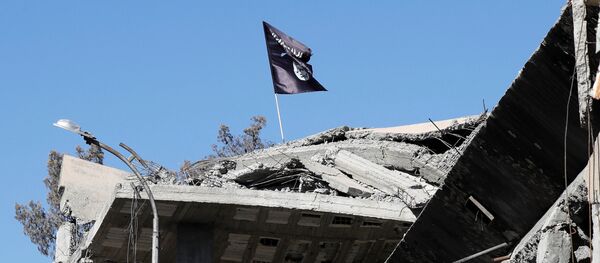According to Dr. Ely Karmon, an Israeli political scientist and Senior Research scholar at the International Institute for Counter-Terrorism, many Daesh terrorists have been killed due to the Russian operation in Syria and US-led coalition’s activity. Those who survived are searching for new havens such as Afghanistan and Libya.
However, the threat is far from over as the numbers of these jihadists is on the rise in Europe and in East Asia.
“There is the problem of young terrorists or jihadists. In France alone, one or two years ago the authorities spoke about 4,000 potential jihadists being radicalized. Today the number is officially 17, 600. In the UK, MI 5 had spoken about 3, 000 potential jihadists, today they speak about 20, 000,” Karmon said.
Talking about the difficulty fighting the terrorist groups online right now, the political analyst said that today due to public and government pressure, channels like YouTube are trying to stop jihadists from using their platforms to spread their propaganda.
However, apart from spreading propaganda, another factor that can increase the threat of jihadists is the competition between Daesh [ISIS] and al-Qaeda. The latter has a stronghold in the Saudi Arabian Peninsula, especially in Yemen, and also in Afghanistan.
“This competition can provoke a wave of terrorism, perhaps not from ISIS itself but from al-Qaeda,” Karmon said.
“We don’t know if after one or two years a complete disappearance of the caliphate will take place,” the analyst said.
During his speech before the Royal United Services Institute in London on Wednesday, the former CIA director said that while the Daesh leader would eventually be put down, it would be more difficult to tackle the virtual caliphate.
During the speech Petraeus also went on to describe cyberwarfare as a whole new battle space with ongoing battles.




